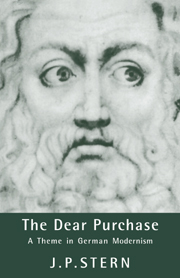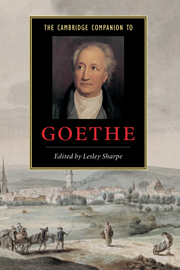Friedrich Schiller
In this important study, Lesley Sharpe assesses Schiller's development as a dramatist, poet and thinker, and provides detailed discussions of all his major works, including his essays on aesthetics. His works are viewed against the social, political and literary background of the late eighteenth century. Spanning a period from the late 1770s to 1805 they explore the insistent themes of the age - the loss of tradition and authority, the individual's claim to self-expression and the search for stability. While the early works focus on the turbulent individual, Schiller later turns to the great public concerns of the French Revolutionary era - legitimacy and power, the exercise of freedom and the relationship between morality and politics. The aesthetic essays explore the vital role of art in integrating the aesthetic, moral and political realms.
Reviews & endorsements
"A scholar of broad intellectual range and critical acumen, she [Sharpe] does not only do full justice to her subject's complexities, but also offers a clearly delineated evaluation of the poet's works. Elegantly written..." Monatshefte
"...sensible full-scale study of Schiller's work, the first to appear in English for more than 40 years." Times Higher Education Supplement |x x
"Sharpe's interpretation of Schiller's plays in interesting and commendable...this is a fine work of scholarship." Denny McClelland
Product details
November 2006Paperback
9780521030649
404 pages
228 × 152 × 25 mm
0.53kg
Available
Table of Contents
- Acknowledgments
- Chronology
- Note on text references
- Introduction
- 1. Württemberg and Die Räuber
- 2. Mannheim: Fiesco and Kabale und Liebe
- 3. Early philosophy and poetry
- 4. Don Carlos
- 5. Weimar and Jena 1787–1792
- 6. The sublime and the beautiful
- 7. Aesthetic education
- 8. On the 'naive' and the 'sentimental'
- 9. The later poetry
- 10. Wallenstein
- 11. Weimar: the later dramas
- 12. Schiller and his public
- Notes
- Bibliography
- Index of Schiller's works
- General index.








